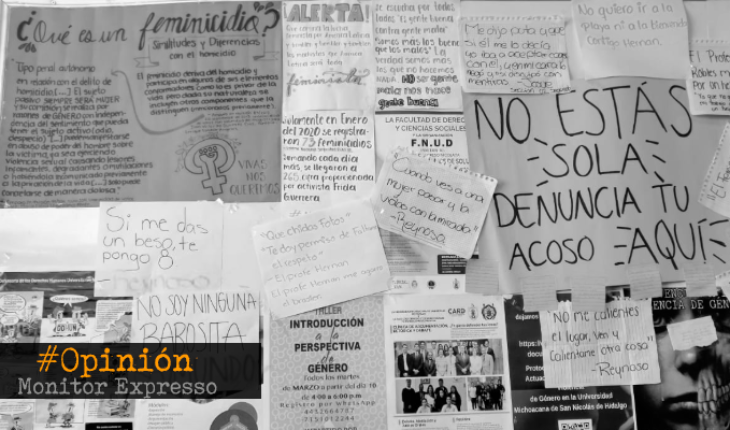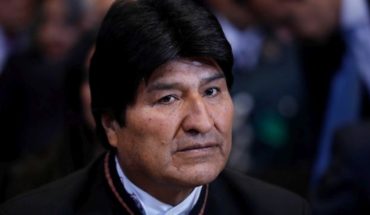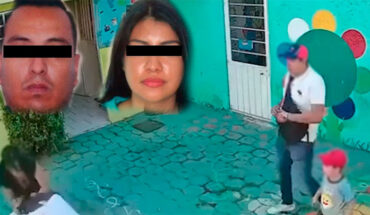By: Teresa Da Cunha Lopes
Anonymity is not a new phenomenon.
Anonymity has long facilitated the expression of controversial ideas and dissent in many countries around the world. In all ages
Protecting anonymity is a fundamental element to protect both the right to freedom of expression and the right to privacy. Anonymity allows people to express themselves without fear of reprisals, and is particularly important in countries where freedom of expression is heavily censored.
But, also in real contexts where the asymmetry of power between the parties does not guarantee the safety of the victim. It allows whistleblowers to come forward and people to reveal their deepest concerns about multiple issues in online chat rooms or in the “harassment clothes” we have seen emerge in the last week, for example in the UMSNH. It also allows, let’s not forget, users to join all kinds of discussions that might otherwise be tempted to avoid.
The protection afforded to anonymity in the corporii iura, and in practice is therefore more important than ever. This protection is perfectly established for the Telepolis, that is, on the Internet for any type of platform and, for the table of manifestations (rallies, meetings, etc.).
Thus, we note that, for the cyberpolis, the link between anonymity and the right to freedom of expression has been established within the framework of the Inter-American Commission. Human Rights (IACHR) (see the 2013 report, “Freedom of Expression and the Internet”) . From a doctrinal and jurisprudential point of view, the protection of anonymity, in addition to its connection with freedom of expression, has been linked to the protection of the right to respect for private life and the protection of personal data.
On the question of the second type of political environment and citizen participation above, ritins, meetings, demonstrations, denunciations), the 2015 UN report states that anonymous discourse is necessary for human rights defenders, journalists and protesters. In the case of journalists, this is a central element defended by the article 19 group. Indeed, in the UN document, the wording leaves no doubt to this respect: any attempt to prohibit or intercept anonymous communications during demonstrations is an unjustified restriction on the right to freedom of peaceful assembly under the Universal Declaration of Human Rights (DUDH) and the International Covenant on Civil and Political Rights (ICCPR).
In this regard, the Article 19 group (above) has proposed that nation states should explicitly recognize in their national laws and practices that the right to freedom of expression includes the right to anonymity and, that they themselves
they must also explicitly recognize the right to anonymous expression, the right to read anonymously and, by passing the right to browse online anonymously. The latter, already registered in the new GDPR /EU and also in Mexican legislation in the field of data protection.
As a result, it is clear that there is a conventional protection of anonymity, perfectly grounded in the doctrine and, in jurisprudential criteria, which gives people the right to send anonymous letters, make anonymous phone calls or distribute brochures or use other types of publications anonymously. What covers extensively, the issue of “harassment clothes”, which can be “uncomfortable” but which fall within the right to anonymity, intimately connected with freedom of expression.
translated from Spanish: Anonymity: a right to protect
March 9, 2020 |





